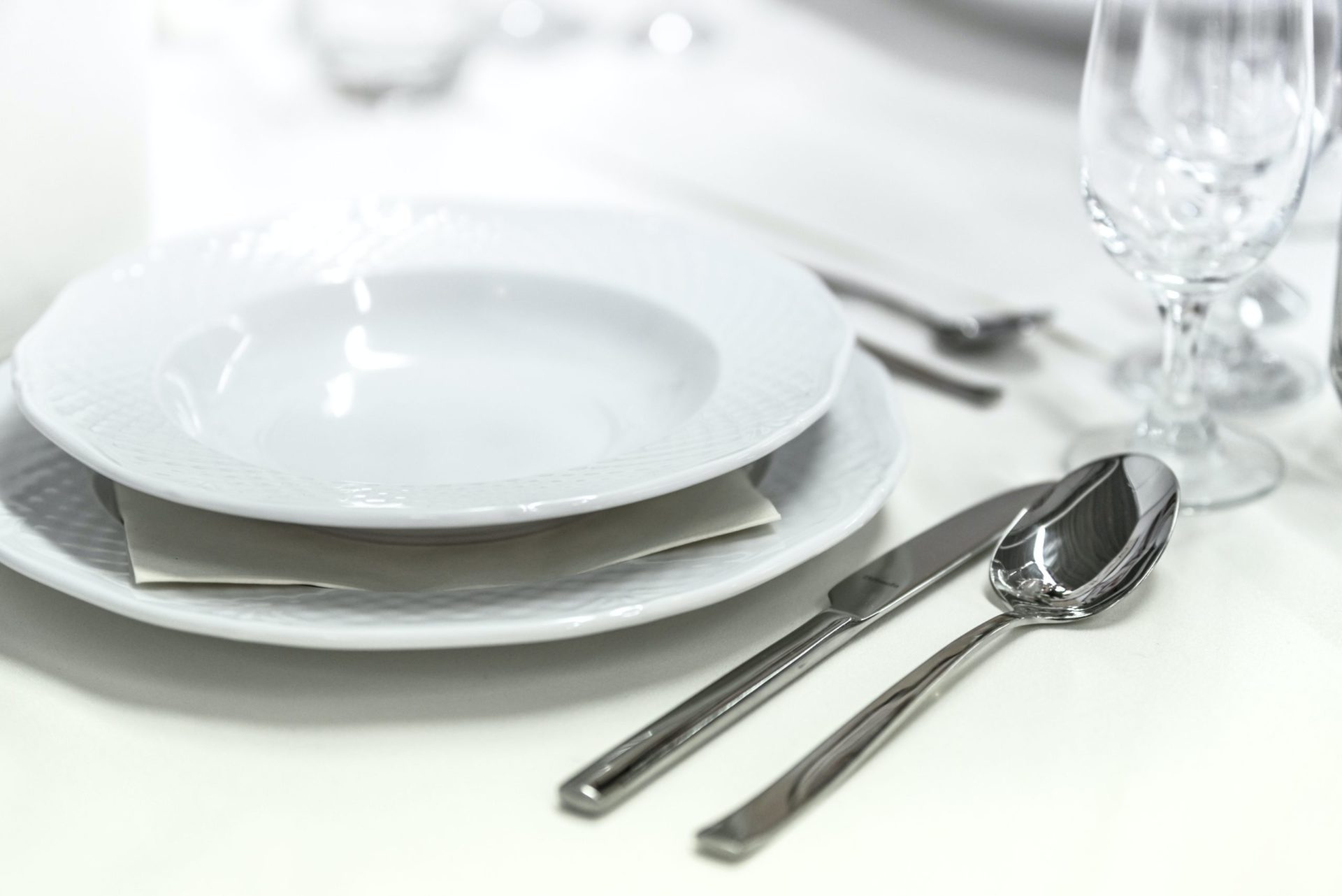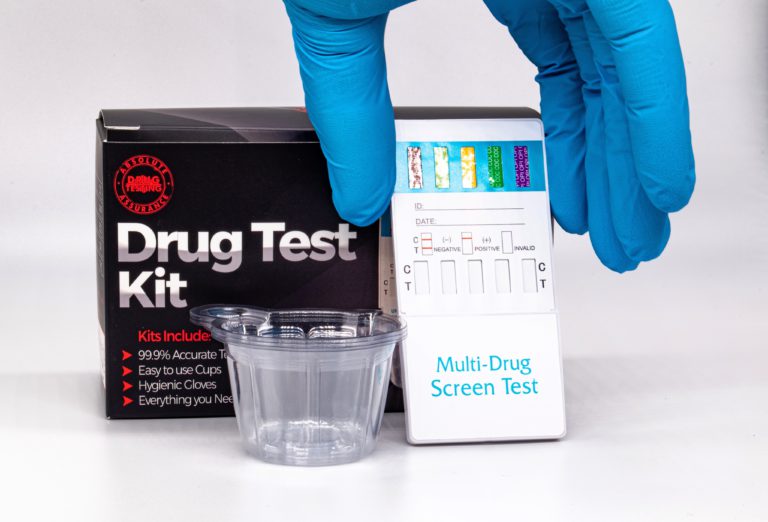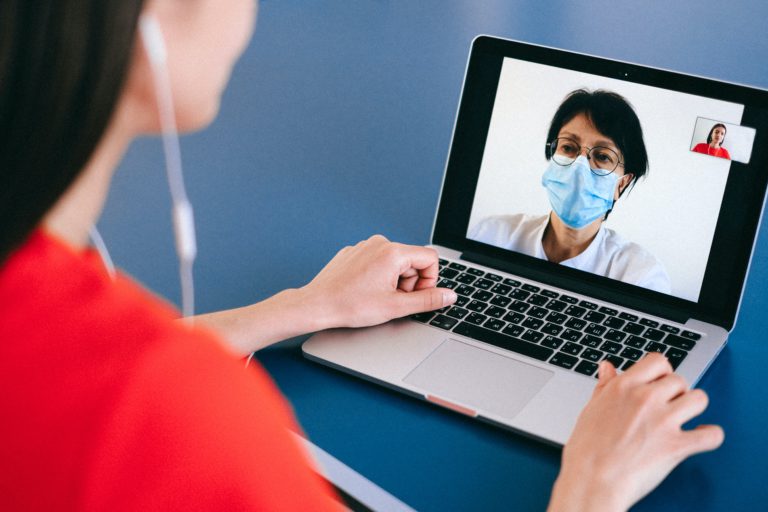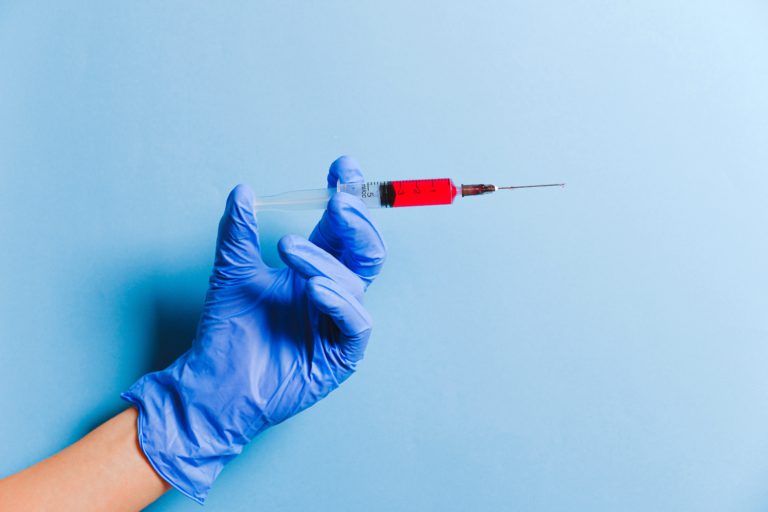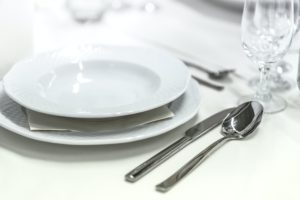
Doctors often tell their patients that fasting for blood work is necessary without explaining in detail what “fasting” means. You may wonder how long you need to fast, whether you can drink water, if you can keep taking medications, and which tests require which restrictions.
Since these tests are routine for new patients or used to diagnose chronic conditions, most people who see a medical professional will have to fast for blood work at some point. Before you take a sip of your morning coffee or take your water bottle with you to the lab or book an appointment with Speedy Sticks for convenient medical services to your home or business, read this guide to fasting for blood work.
What Does “Fasting for Blood Work” Mean?
When you eat or drink, your body processes the nutrients in your meal and absorbs them into your bloodstream. Fasting means you are not supposed to eat or drink before your blood work to make sure that these digestive processes do not interfere with the results. The most common example of how eating can change your results is a person getting a glucose test to determine if they have diabetes. Since eating and drinking causes our blood sugar to rise naturally, the test would not be accurate if they ate first.
Fasting is defined as not eating or drinking 8-12 hours before your test. This includes coffee, tea, juice, alcohol, and any other sugar-containing beverage. For 8-hour fasts, drinking water is often fine. For 12-hour fasts, the tests are so sensitive that your doctor may advise you not to eat or drink anything the previous night, including water.
Food and drink are not the only concerns when fasting for blood work. You should also refrain from chewing gum, which contains sugars, smoking, or even exercising, which elevates your body’s digestion and heart activity.
For prescription medications, consult your doctor before discontinuing them as part of your fast. Also, consult your doctor about any OTC medications you want to take during your fast.
Which Tests Require Fasting?
Not every blood test requires patients to fast. However, these common tests do:
Glucose test – As mentioned, glucose tests measure blood sugar, often to test for diabetes. An 8-hour fast is usually ordered for this test, which requires the patient to drink a solution containing glucose, have their blood tested, and then repeat the test a few hours later. If they’ve eaten anything recently, the results will be inaccurate.
Lipid test – A lipid test measures triglycerides for the purpose of diagnosing cholesterol levels, especially to test for heart disease. This test usually calls for 12-hour fasting.
Mineral test – Your doctor may order your blood to be tested for several vitamins and minerals to diagnose your condition. A Vitamin B-12 test, for example, may be administered to diagnose anemia and is preceded by an 8-hour fast. As another example, a test for your iron levels requires a 12-hour fast.
Metabolic panel – In addition to glucose levels, your doctor may order a full metabolic workup to assess their new patients. These tests assess electrolyte balance, kidney function, and more. They typically call for a 12-hour fasting time.
GGT test – Gamma-glutamyl transferase (GGT) is an enzyme that in high prevalence could be a signal of bile duct issues, liver disease, or alcoholism. To test for GGT, patients should fast for 8 hours as well as avoid alcohol and some medications for 24 hours. Consult your physician about any medications you may be taking.
Ask your doctor about any tests they prescribe to determine if they require fasting. Just know that the above ones are common and always require some degree of fasting.
What Happens if I Forget to Fast?
If you drink or eat anything during the fasting period, call your doctor or tell the person administering your blood work. In some instances, the doctor may just need to know this to interpret your results correctly. In more delicate testing situations, such as to confirm a diagnosis, your doctor may reschedule your tests to get the most accurate results.
Preparing for Your Blood Work
Ask your doctor exactly how long you need to fast before your blood work and whether medications or water are permitted during that time. At the lab, a healthcare professional will walk you through the tests, which could involve simply drawing blood or may be more complicated, such as drinking a solution, waiting, and retesting later.
If you’ve been fasting, you may be very hungry waiting for your test. Consider taking a snack with you to the lab in order to eat after you get the all-clear from your testers.
*This content is for informational purposes only and is not meant to replace consulting with a healthcare professional. Please consult with your primary care physician or healthcare provider, before engaging in any services offered by Speedy Sticks.


